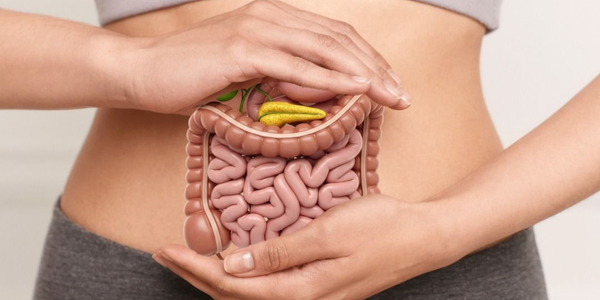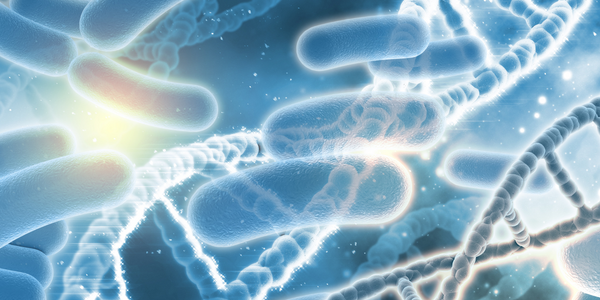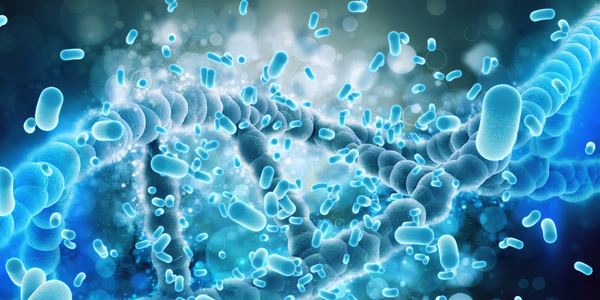Feeling tired lately? Or facing trouble digesting your favourite cuisines? Well, how many times have you relied on your gut feeling to float through tricky situations in life, eh? The least you can do in return is keep your gut healthy. And don’t just take our word for it. Leading doctors and researchers say that a healthy gut is key to good overall health and wellbeing.
This is how to know your gut is healthy
All food is eventually broken down in your gut into a form that can enter the bloodstream and deliver nutrients throughout the body. Plus, a healthy gut contains good bacteria and immune cells that help ward off infectious agents like bacteria, viruses and fungi. And it also communicates with the brain through neurons and hormones that help maintain one’s overall wellbeing.
Here’s how you can ensure your gut stays healthy – and so do you.
1. Relax

2. Rest well
3. Drink enough water
4. Eat slowly

5. Know your food intolerances

6. Take pre and probiotic supplements
Prebiotics and probiotics can do wonders for your gut and your overall digestive system. Prebiotics help the growth of beneficial bacteria in your gut while probiotics are live good bacteria. These bacteria catalyse the digestive process, ensuring thorough digestion. You could try Daily Probiotic + Prebiotic, which includes 36 billion live cultures (CFU), prebiotics and digestive enzymes for excellent gut health.
Once thought of as a relatively simple organ, the gut has grown in importance recently after numerous studies revealed its incredible complexity and its profound impact on our immune system, mental health and overall wellbeing. As such, the trick to a happy life could very well be to maintain gut health!

- Keeping Your Gut in Check Healthy Options to Stay on Tract, (https://newsinhealth.nih.gov/2017/05/keeping-your-gut-check)
- Sleep, circadian rhythm, and gut microbiota., Brittany A. Matenchuk, P. Mandhane, A. Kozyrskyj, 2020, Biology, Medicine, Sleep medicine reviews, DOI:10.1016/j.smrv.2020.101340, (https://www.semanticscholar.org/paper/Sleep%2C-circadian-rhythm%2C-and-gut-microbiota.-Matenchuk-Mandhane/c71de6f28de4a05e661953ed0e5414875e105528)
- Kokkinos A, le Roux CW, Alexiadou K, Tentolouris N, Vincent RP, Kyriaki D, Perrea D, Ghatei MA, Bloom SR, Katsilambros N. Eating slowly increases the postprandial response of the anorexigenic gut hormones, peptide YY and glucagon-like peptide-1. J Clin Endocrinol Metab. 2010 Jan;95(1):333-7. doi: 10.1210/jc.2009-1018. Epub 2009 Oct 29. PMID: 19875483. (https://pubmed.ncbi.nlm.nih.gov/19875483/)
- Hansen TH, Thomassen MT, Madsen ML, Kern T, Bak EG, Kashani A, Allin KH, Hansen T, Pedersen O. The effect of drinking water pH on the human gut microbiota and glucose regulation: results of a randomized controlled cross-over intervention. Sci Rep. 2018 Nov 9;8(1):16626. doi: 10.1038/s41598-018-34761-5. PMID: 30413727; PMCID: PMC6226457. (https://pubmed.ncbi.nlm.nih.gov/30413727/)

























Leave a comment